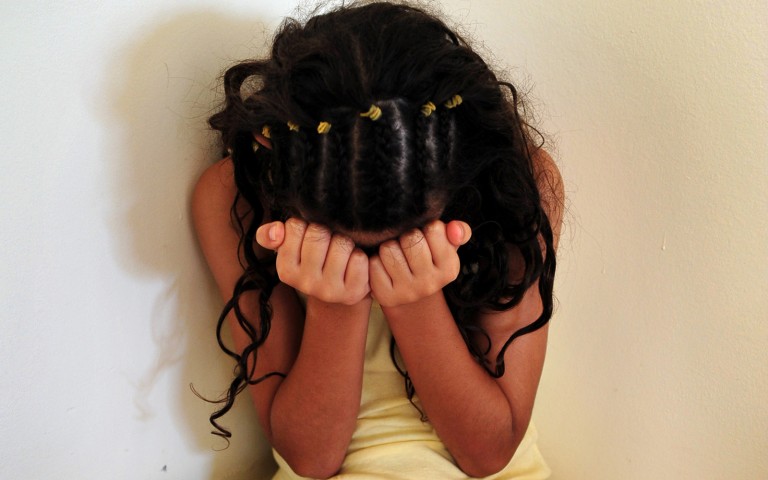
Photo: Lucidwaters | Dreamstime.com
Child advocates have called for sex education with a focus on abuse to be included in all high schools in India. They feel that there is a need for more awareness among children regarding what constitutes child abuse. They also demanded that national helplines be set up and that schoolchildren be taught how to report abuse anonymously.
Bangalore-based child rights activist and Kumar V. Jahgirdar said that according to data from the Ministry of Women and Child Development, children between the ages of 5-12 years have reported higher levels of abuse recently. In a Times of India article, Jahgirdar said, “There is need for strict implementation of the Protection of Children from Sexual Offences Act of 2012, by creating awareness at the grassroots.” Jahgirdar, who is also president of the Child Rights Initiative for Shared Parenting (CRISP), said serious steps must be taken to hold abusers accountable and encourage children to speak up against these crimes. The introduction of a safe means to voice out concerns through helplines and in classrooms could be just what’s needed to aid this change.
Sex education includes more than just teaching how to have intercourse, and when it is taught properly, it can have other positive benefits as well. A recent study found that sex education that also addresses gender roles and power dynamics led to much better outcomes in terms of preventing sexually transmitted infections, teenage pregnancy and increasing safe sex practices among teenage girls. In the study, the researcher, Nicole Haberland, looked at evaluations of sex education programmes aimed at adolescents 19 or younger, and grouped them according to whether or not they addressed issues of gender and power. Programmess that took into account notions of masculinity and femininity, gender inequality in society and young women’s empowerment led to 80% less sexually transmitted infections and unwanted pregnancies than no sex education. By comparison, sex education programmes that did not address gender issues were effective in reducing unwanted results by only 17%. Haberland works at the Population Council, which offers free teaching kits in several languages, including Bangla.
If there is any doubt as to whether gender roles are at play in India, consider a few statistics. According to UNICEF, 18% of India’s children are married by age 15, and it goes up to 47% by age 18. However it is actually female adolescents who are married more, 30% of them, and only 5% of male adolescents are married. Only 36% of males 15-24 are considered to have comprehensive knowledge of HIV, but that drops to just 20% for females. Among adolescents, 57% of males and 53% of females think there is justification for wife beating.
Do you think sex education should be included in schools? Share your thoughts below. Please like FamiLife’s page on Facebook so that you get all our articles and others may find us.

Is the incidence or pregnancy and sex education not culture dependent as well?